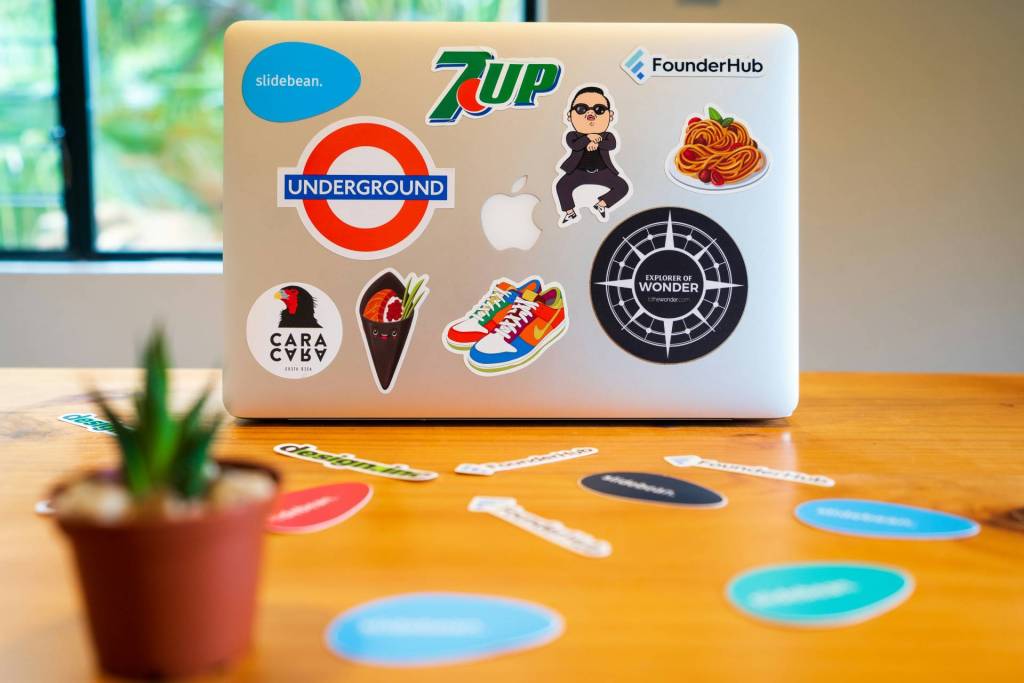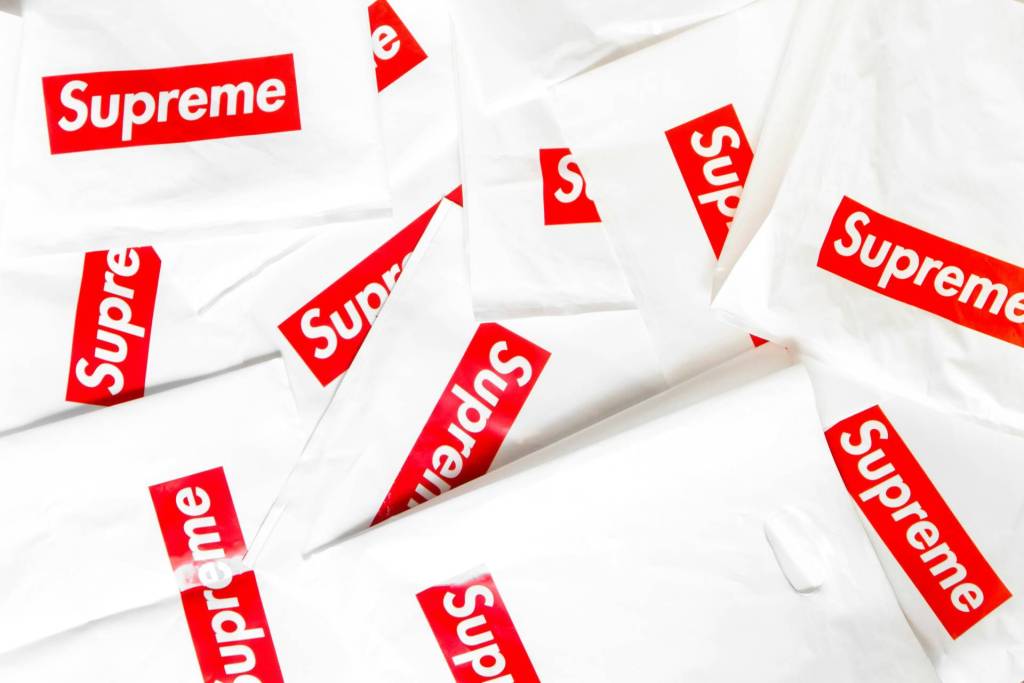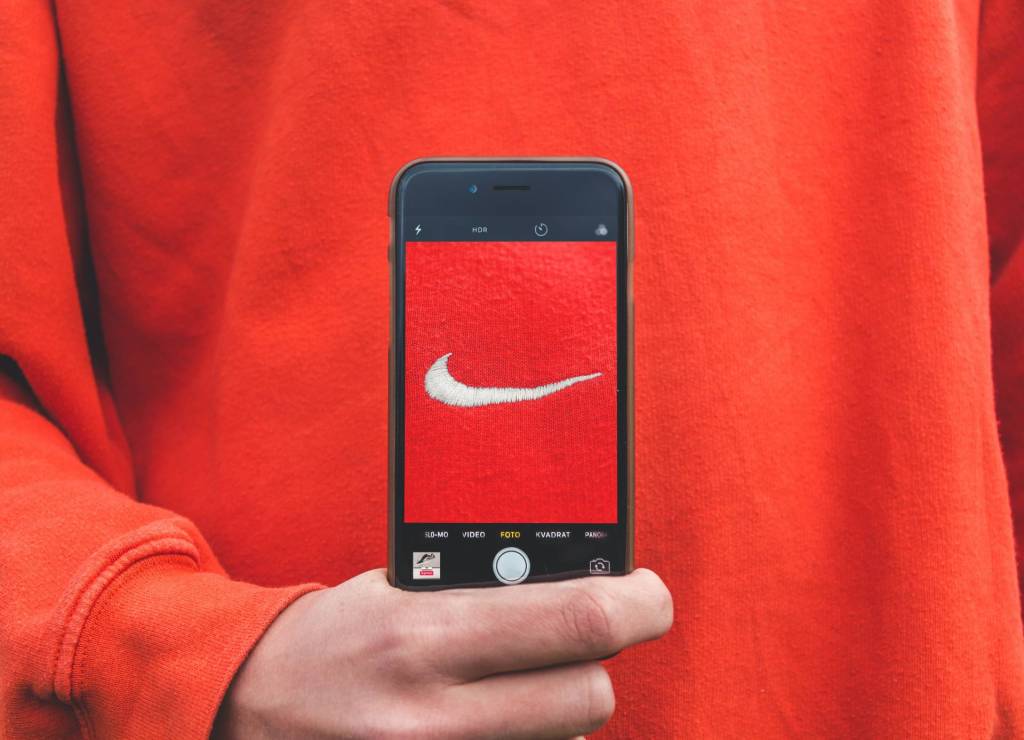As an aspiring entertainer, it used to be that you spent every waking moment working toward your dream, with only a small hope of ever bearing the fruits of your labor. For a musician, singing at dive bars and airport lounges, sending demos to record labels, and praying that someone in the industry could see a hit record when they looked at you. For a comedian, hitting the open mic circuit, waiting until midnight on a Tuesday to perform for an empty bar with one tired bartender, and working for months to create 10 minutes of material that was actually funny. And for an actor, doing cold reads to get a speaking part in a student film, working 12-15 hour days as an extra on the set of an actual studio movie, and spending more money than you make in a month for the right head-shots. Oh, and also, you would probably be packing up and moving to either New York City or Hollywood to “Get Discovered.”
Becoming Famous A.I. (After the Internet)
Actually, I guess some of that hasn’t changed. However, the entertainment industry has, and more specifically the proliferation of online content has opened new doors for aspiring superstars that had previously been locked shut. More and more we are seeing real-life celebrities emerge from simple YouTube videos in all areas of the entertainment space. It’s truly remarkable that a person can gain fame without ever leaving his or her bedroom, but hate it or love it; this is the reality we live in. Still, for every Justin Beiber story, there are millions of failed attempts to “Get Discovered” online.
So the question is: What makes someone become more than just “YouTube famous?”
According to Daedalus Howell, a Producer for the Future Media Research Lab in California, the answer lies in how seriously an artist takes social media, namely YouTube.
“I think we’ll see more entertainment industry successes coming out of the YouTube fray once two points become accepted – that YouTube is now part of the entertainment industry and that it isn’t a means to an end, it is the end.”
He’s right, and don’t think that YouTube hasn’t noticed. YouTube (via parent company Google) is now promoting studio-produced YouTube shows, and their market for legitimate entertainment is likely to explode in the next couple of years. Through acquisitions such as digital video technology company Green Parrot Pictures, and web video production company Next New Networks, YouTube is preparing for the next frontier in entertainment. And we haven’t even started talking about the potential once Google TV garners mainstream attention.
Real Entertainment For Real People
This isn’t to say that YouTube and other like-minded social networks will completely fall into the mold of traditional media, as the platform will still be largely dependent on user-generated content. However, as YouTube continues to strengthen its presence as a ‘real’ form of media, it will simultaneously legitimize the content of some of its existing amateur artists. Google has started to capitalize on this wealth of talent with showcases such as “YouTube Live,” which brings some of the more successful YouTube sensations offline and onto a real stage. The company is also beginning to invest in some of its particularly talented users, with initiatives like the YouTube NextUp in the UK, and YouTube Creator Camp which provides training on lighting, sound and production technique. All of this is aimed at increasing the quality of the content on the site, and helping to develop real-life stars that Google can really profit from. (See any child star that has been on the Disney Channel since the year 2000)
As Howell notes, YouTube is now a place where real people go to get real entertainment. “There is a pervasive myth that one can get ‘discovered’ on YouTube, which causes creators to think of their contributions as auditions more than finished products ready for mass consumption… To wit, it behooves non-studio creators to bring their best game and rise above the piano-playing kittens and teething toddlers.”
Don’t Wait to be Discovered!
As adorable as those piano-playing kittens may be, they won’t be getting a recording contract without a professionally edited video. Howell cites Andy Samberg of YouTube-born sketch comedy troupe Lonely Island, who crossed to national fame on Saturday Night Live after his organic attention caught the eye of SNL producer Lorne Michaels. We could also note the fame, albeit quite critical, that 13-year-old sensation Rebecca Black recently experienced with her, um, hit single “Friday.” Let’s face it, a huge reason that it achieved such an obscene amount of attention was because despite the horribly written lyrics, the production quality was fantastic.
Conversely, there are acts like Amy Walker, an actress who famously performed 21 different accents in a video that garnered 6-million-plus views as well as national TV attention a couple of years ago. “Watch her video again, and you realize immediately, she’s just showcasing, not entertaining,” Howell reflects. “If Walker created a narrative series in which she played a person with multiple personality disorder or an international undercover agent, she’d have a movie deal by now.”
What does it mean for an aspiring star?
It means that you need to take your career seriously, even if you are performing from your bedroom. Realize that YouTube (and the rest of the internet) is a unique opportunity that your predecessors did not have. But as Spiderman (who is a celebrity) famously said, “With great power comes great responsibility.” Stop waiting to be discovered, and discover yourself! Paint a direct image in the mind of a producer, casting director, etc. of what role you might fit. By shaping your own brand, it will allow people in the entertainment industry to clearly see how they might take you off YouTube and into the national spotlight. Will it cost money? Yes, probably. Will it be harder than setting up your webcam on your desk? Yes, definitely. But it will put you at a distinct advantage, and when the competition to become famous is so strong, you can’t afford to make yourself forgettable.












